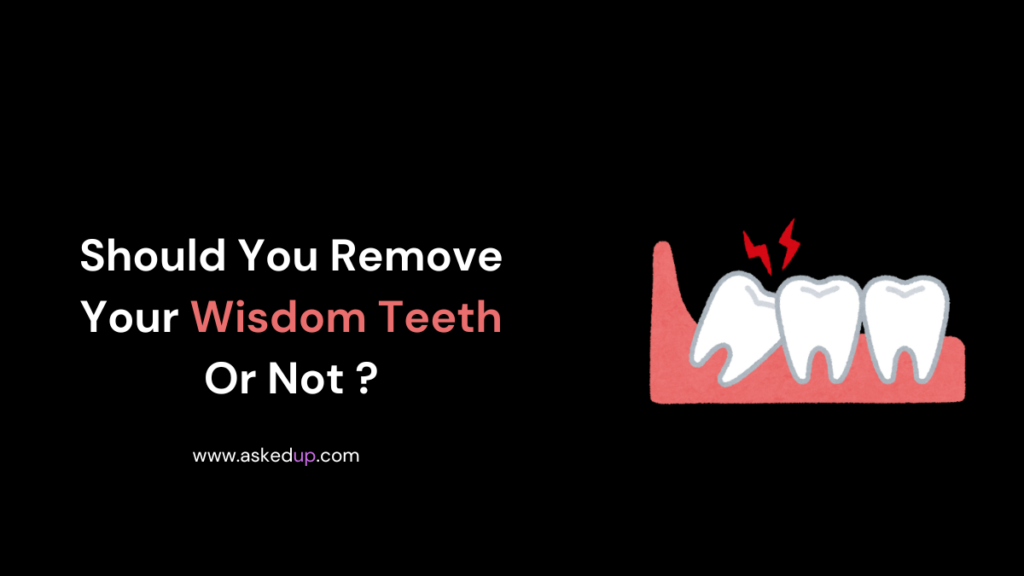Introduction
Wisdom teeth cause lots of confusion. Some say you must remove them. Others say you can keep them. So what should you do? This article looks at the pros and cons of removing wisdom teeth. It helps you decide if taking them out is best for you.
What Are Wisdom Teeth?
Wisdom teeth are the last teeth to come in. Most people get them between ages 17 and 25. Humans used to need wisdom teeth to chew tough foods like roots, nuts and leaves. But now we have softer diets. So wisdom teeth are not really needed anymore right?
Why Remove Wisdom Teeth?
There are a few main reasons why people remove their wisdom teeth:
Not Enough Room
Wisdom teeth need space to come in properly. But many jaws are too small. The teeth get stuck or come in sideways. This causes pain, swelling and infection.
Damage to Other Teeth
Wisdom teeth that come in crooked can damage nearby teeth. They can push on other teeth and make them crooked too.
Tooth Decay
Wisdom teeth are hard to clean. Bits of food and bacteria get stuck. This leads to tooth decay and gum disease more easily.
Cysts Form
Fluid-filled sacs called cysts can form around impacted wisdom teeth. These cysts can damage jaw bones and nearby teeth.
So in many cases, removing troublesome wisdom teeth is better than leaving them in.
When to Keep Wisdom Teeth
However, sometimes wisdom teeth come in just fine with no issues. In these cases, it may be okay to keep them. Here are some reasons not to remove wisdom teeth:
No Problems
If the wisdom teeth have enough room and are growing in straight, they may not need to be removed.
Risks of Surgery
Removing wisdom teeth always carries small risks like swelling, bleeding, numbness and nerve damage.
Cost
Wisdom tooth removal can cost $150 to $350 per tooth without insurance. So keeping them can save money.
So if your wisdom teeth are not causing any problems, it may be fine to leave them alone.
How to Decide
The best way to decide is to get an x-ray and evaluation from your dentist. He or she can examine your wisdom teeth and jaw to see if removal is necessary. Follow your dentist’s recommendation.
Additionally, here are some guidelines to consider:
Definitely remove wisdom teeth that are stuck, crooked, infected or causing pain.
Consider removing wisdom teeth that may cause future problems even if asymptomatic now.
Keep wisdom teeth that have fully grown in and are positioned properly with enough room.
The earlier problematic wisdom teeth are removed, the easier the procedure. But there is no urgency if they are not causing issues.
Discover: Is Salt Bad For Cholesterol?
Conclusion
In summary, removing wisdom teeth is often a good preventative measure to avoid future dental problems. However, keeping them may work for some people too. Discuss all factors carefully with your dentist when deciding what is best for your particular situation.


